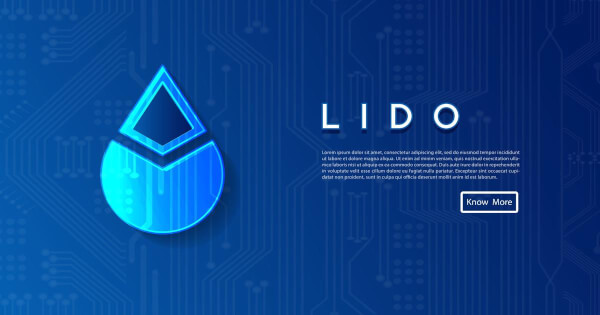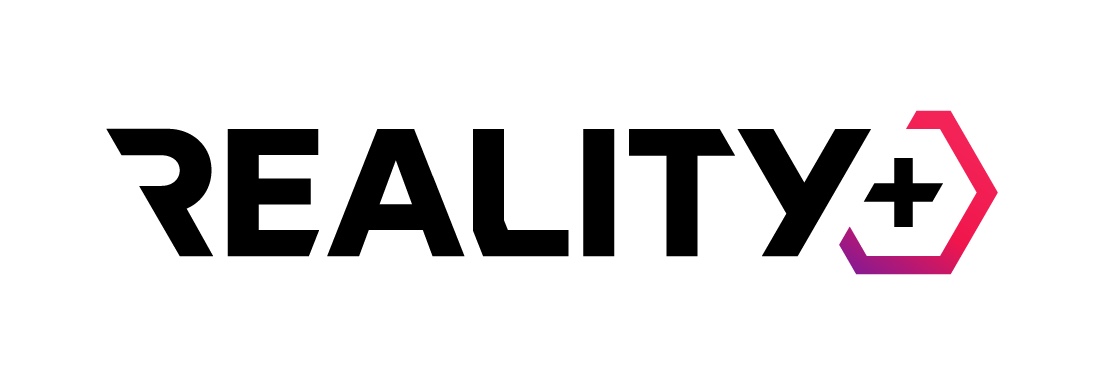Lido’s faulty contract locks up $24 million of Solana stSOL tokens

After a service outage in October 2023, $24 million worth of tokenized Solana (stSOL) was locked on Lido due to a smart contract error.
Approximately $24 million worth of tokenized staking Solana (stSOL) was inadvertently locked on the Lido platform due to a smart contract incident. stSOL tokens represent staked Solana that users could previously lock up to earn profits. This incident highlights the inherent risks associated with operating complex smart contracts in the blockchain and DeFi sector.
Lido, a decentralized finance (DeFi) protocol, was a leading service that gave users the opportunity to stake Solana (SOL) tokens in exchange for stSOL, thereby earning passive returns on their investments. The service boasted a 5% return, which attracted a significant user base looking to leverage their cryptocurrency holdings. However, in October 2023, Lido announced the discontinuation of Solana staking services due to financial constraints and low fees, which made operations unsustainable.
Unexpected locking of funds is caused by a smart contract error that was not detected prior to the service outage. Smart contracts are self-executing contracts where the terms of the contract are written directly into the code. Although designed to automate and streamline processes, they are prone to bugs and vulnerabilities if not properly audited and tested.
This error has a significant impact on affected users as locked stSOLs cannot be retrieved or utilized until a workaround is implemented. The Lido development team, along with the wider Solana community, are currently investigating potential solutions. The team has communicated its commitment to solving the problem, but the complexity of smart contract interactions means that solutions may not be immediate.
This incident serves as a stark reminder of the potential pitfalls of the burgeoning DeFi sector. As protocols become more complex and interconnected, the potential for costly errors increases. Investors should exercise caution and conduct thorough due diligence when participating in DeFi platforms.
The case also highlights broader regulatory issues. As the adoption of DeFi platforms increases, regulators are examining ways to protect consumers from similar incidents. The smart contract error involving Lido’s stSOL could spark discussion about the need for stricter oversight and security standards in the DeFi space.
In conclusion, the smart contract failure of the Lido staking service resulted in significant liquidity loss for stSOL holders. The event highlights the importance of rigorous smart contract audits and the need for enhanced security measures in the DeFi industry. As the situation unfolds, stakeholders and the cryptocurrency community will be watching closely to see how Lido addresses this issue and what precedent it sets for the future of decentralized finance.
Image source: Shutterstock



